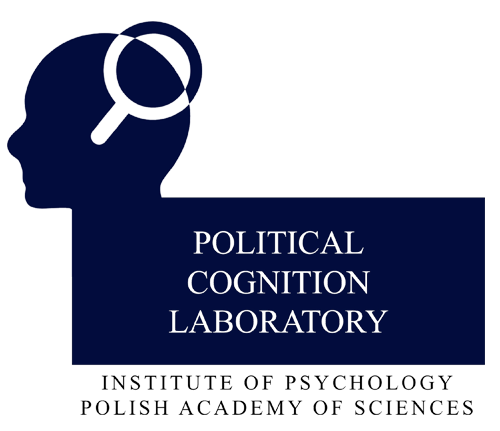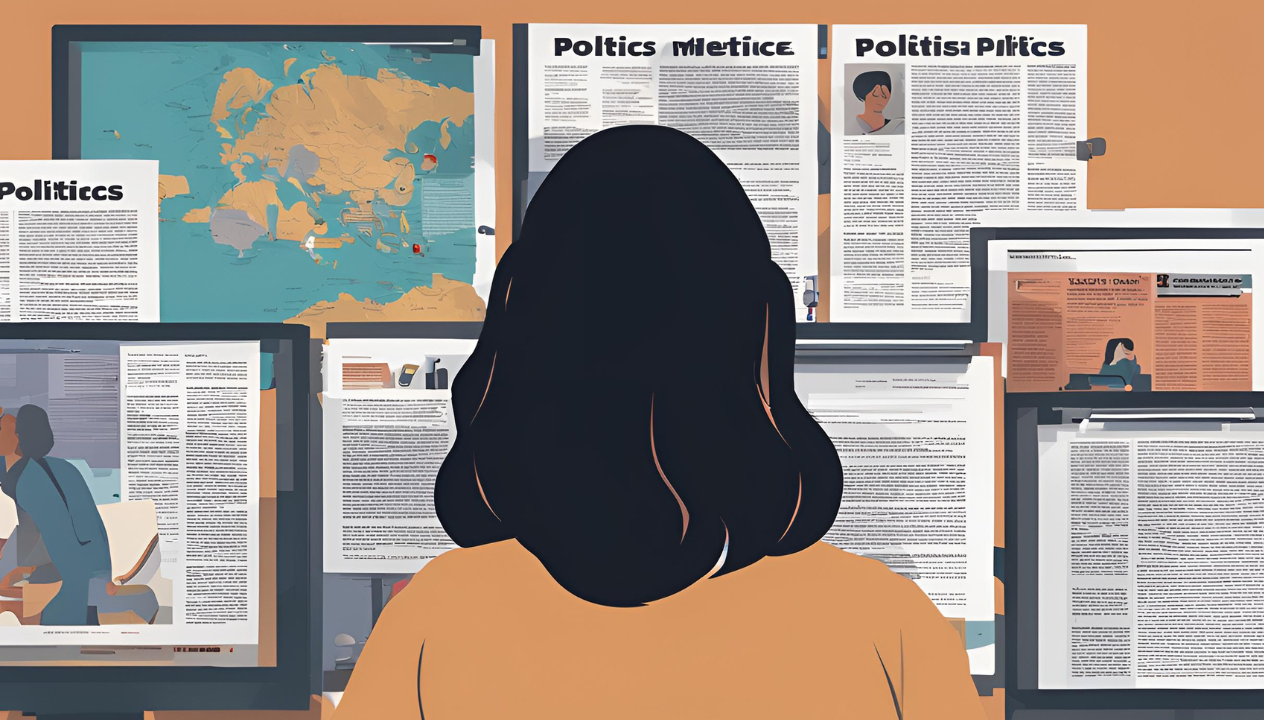What is the role of family, school, and peers in the process of political socialization?
Studies carried out in different countries identify young people as the least politically engaged age cohort. Since political interest and participation are largely shaped by socialization agents, such as parents, peers, and school, the objective of our research is to explore the role of each agent within the Polish context. Results of two studies, quantitative (n = 570) and qualitative (44 individual in-depth interviews), show that young Poles’ political interest and participation are indeed influenced by parents, peers, and school, though the impact of each agent is related to different areas of activity. We separate those practices that have a constructive effect on political engagement from those that impact it in a destructive way. Finally, we provide a model of political socialization including the specific role of each agent and consider their potential for increasing young people’s political engagement.
You can find out the details of these studies in an article authored by Aleksandra Furman, Dagmara Szczepańska, and Dominika Maison that has just came out in Citizenship Teaching & Learning.









